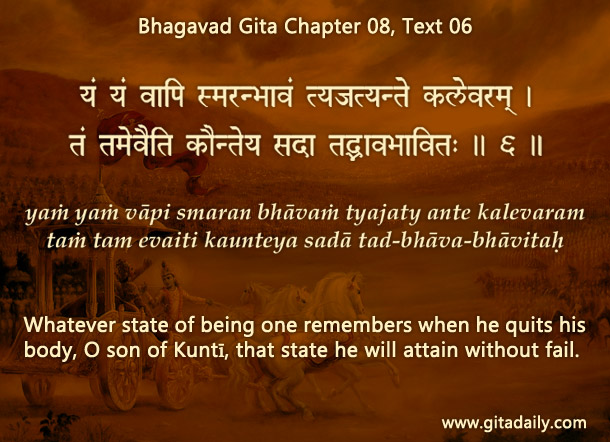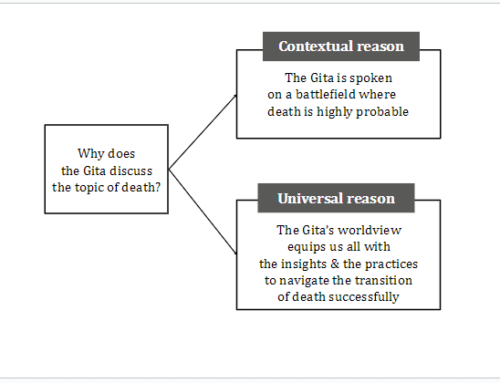Our belief system doesn’t just shape our perception of reality – it becomes our reality
What we believe, that we perceive. This is a well-known principle in philosophical circles. When we observe the world, we don’t experience it in a value-neutral way; we experience it as it is mediated through our belief system. For example, if we believe that people are untrustworthy, we obsess over the times when others have betrayed us and we overlook the times when others have helped us.
While our belief system always filters our perception of reality, such filtering can increase in today’s digitally connected and politically polarized world. Here, we can live in our own echo chambers, wherein we get social media feeds only from people who share our biases. And thus we start believing that our polarized opinions are the unchallengeable reality.
Significantly, our belief system doesn’t just shape our perception of reality, it also shapes our reality. Here’s how. Essentially, our belief system centers not on our political opinions, ideological orientations or religious affiliations; it centers on our conception of pleasure and value. What we think is the source of the greatest pleasure and the greatest value, that becomes the pivot of our reality. That core attachment of ours becomes our default object of thought throughout our life and even at the end of our life.
The Bhagavad-gita (08.06) declares that our state of mind at the end of our present life becomes our state of being in our next life. For example, if we desire sensuality unfettered by any morality, we will be taken to a subhuman level of reality devoid of the acute moral sense that characterizes and constrains humanity.
By understanding how consequential our belief system is, we can seriously scrutinize our belief system so that it aligns increasingly with the ultimate reality, thereby leading us to that reality.
Think it over:
- How does our belief system shape our perception of reality?
- How does our belief system shape our reality?
- What can you do to align your belief system with reality?
***
08.06 Whatever state of being one remembers when he quits his body, O son of Kunti, that state he will attain without fail.
To know more about this verse, please click on the image
Explanation of article:
https://www.youtube.com/watch?v=0aNWYOBzcCQ&feature=youtu.be
Podcast:



Leave A Comment